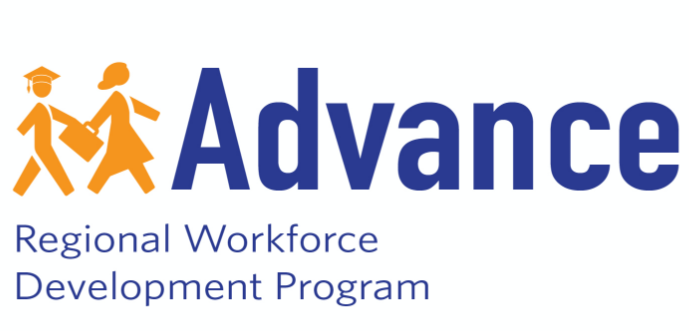
In Latin America and the Caribbean, one in five young people ages 15 to 24 is out of school and not working, and this number is projected to rise.
To improve youth employability, the Advance Program is strengthening the capacity of two- and three-year technical tertiary education programs to meet the needs of disadvantaged youth in the Dominican Republic, Guatemala, Honduras, and Jamaica. The project is funded by the U.S. Agency for International Development (USAID) and implemented by FHI 360.
Approach
In each of Advance’s focus countries—Dominican Republic, Guatemala, Honduras and Jamaica—FHI 360 engages stakeholders from the education sector and the private sector to make technical training programs more relevant to the market based on country-specific workforce needs. Advance is guided by three initial crosscutting assessments to help bridge the gap between existing technical education and labor market needs. The program improves the capacity of target institutions in five key areas.
-
Curriculum and pedagogy
-
Professional Development of faculty and staff
-
Labor-bridging services
-
Admissions and recruitment
-
Scholarships
Advance also promotes the exchange of best practices in technical tertiary education and workforce development among the four countries. The program supports up to three technical tertiary institutions per country over the life of the Program.
FHI 360 has extensive expertise in post-primary education and career readiness. Under Advance, FHI 360 is applying methodologies and lessons learned through the work with institutions of higher education in Afghanistan and with university career centers in Morocco.
Expected Results
Theory of Change
The Program’s theory of change and overall approach are based on a “Reach Back, Reach Out, and Reach In” strategy that is closely tied to the Program activities and that helps to strengthen the quality of the results.

Advance’s theory of change suggests more disadvantaged youth will obtain better or new employment if:
- we reach back to upper secondary-aged youth in the participating countries to help them understand their post-secondary choices,
- reach out to technical training institutions to build their capacity in specific programs and services, and
- reach in to employers in these four countries to better understand their workforce needs and how these needs align with technical education programs.
A core part of this theory of change includes the engagement, inclusion and collaboration of all relevant stakeholders of selected institutions and degree programs – including students, faculty members and university staff, government officials, and private sector representatives from selected sectors relevant to the work of the Advance Program – in a locally-based, institution-focused approach. The key to this approach is recognizing that improvements to specific technical education programs at the tertiary level are dependent upon inputs, resources, and collaboration from all parts of each institution’s systems, as well as external participation from other relevant stakeholders.
Advance facilitates the joint identification of challenges, development of strategies, and implementation of solutions to sustain activities and improvements.

